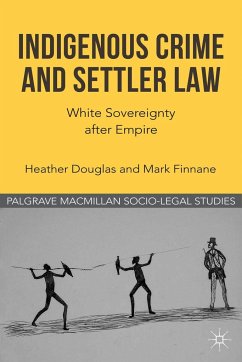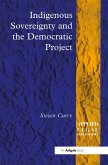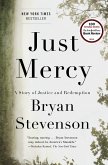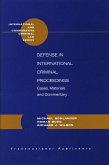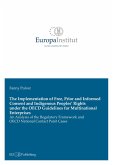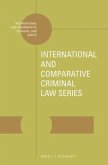In a break from the contemporary focus on the law's response to inter-racial crime, Heather Douglas and Mark Finnane examine the foundations of criminal law's response to the victimization of one Indigenous person by another. Against the changing background of settler encounters with Australian Indigenous peoples, they show that the question of Indigenous amenability to imported British criminal law in Australia was not resolved in the nineteenth century and remains surprisingly open. Through a study of the policing and prosecution of Indigenous homicide, the book demonstrates how criminal law is consistently framed as the key test of sovereignty, whatever the challenges faced in effecting its jurisdiction. Drawing on a wealth of archival and case material, the authors conclude that settlers and Indigenous peoples still live in the shadow of empire, yet to reach an understanding of each other.
Hinweis: Dieser Artikel kann nur an eine deutsche Lieferadresse ausgeliefert werden.
Hinweis: Dieser Artikel kann nur an eine deutsche Lieferadresse ausgeliefert werden.

